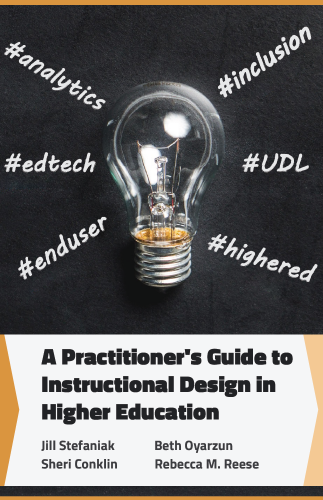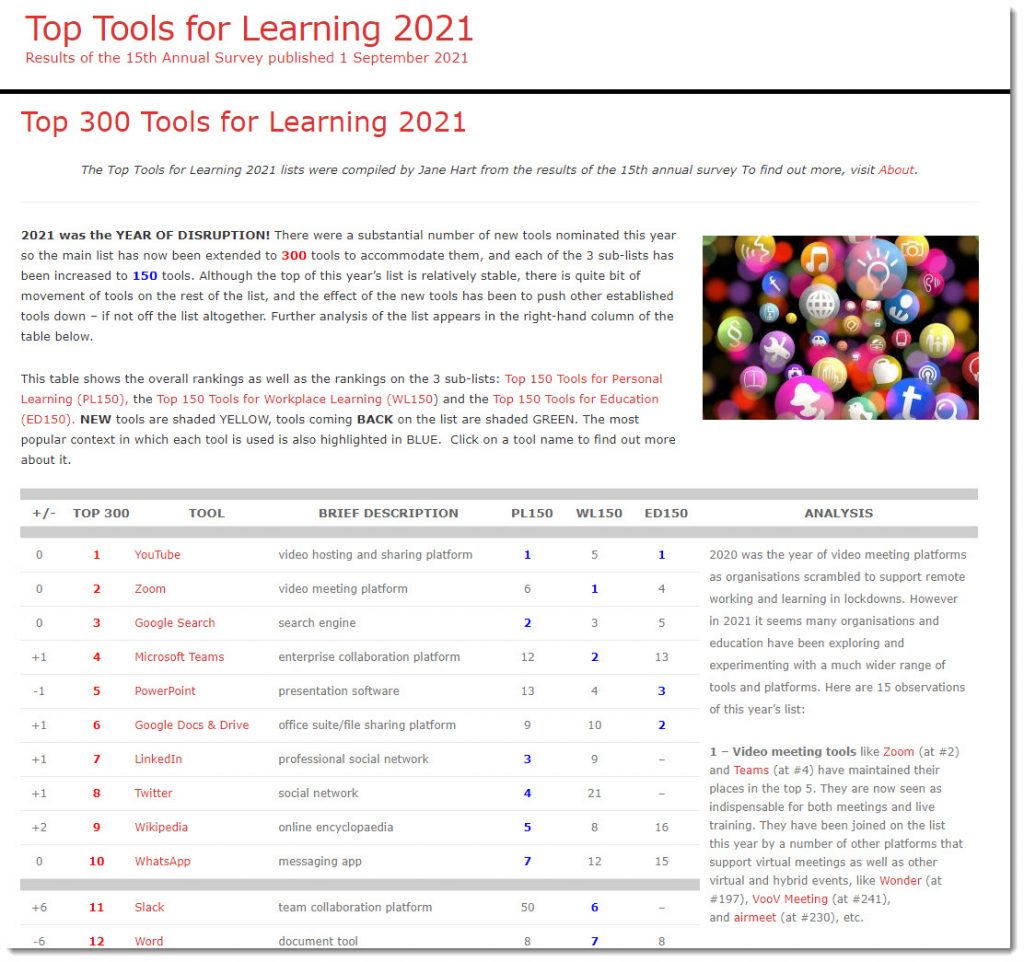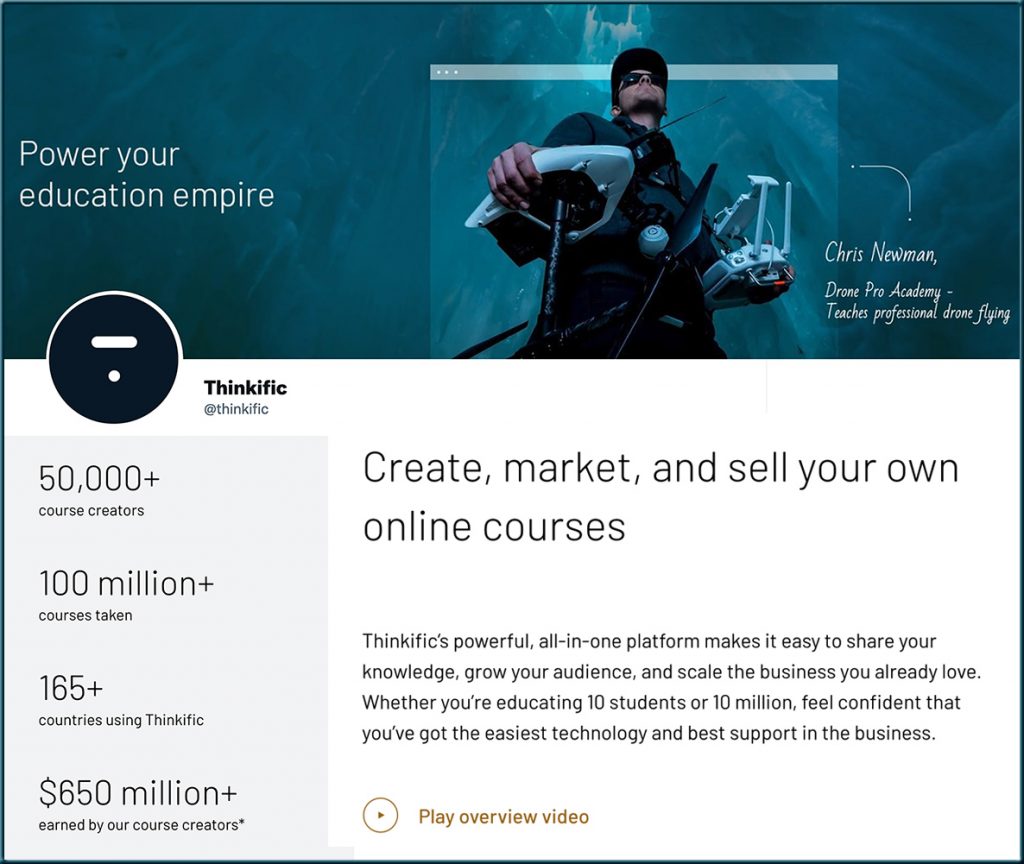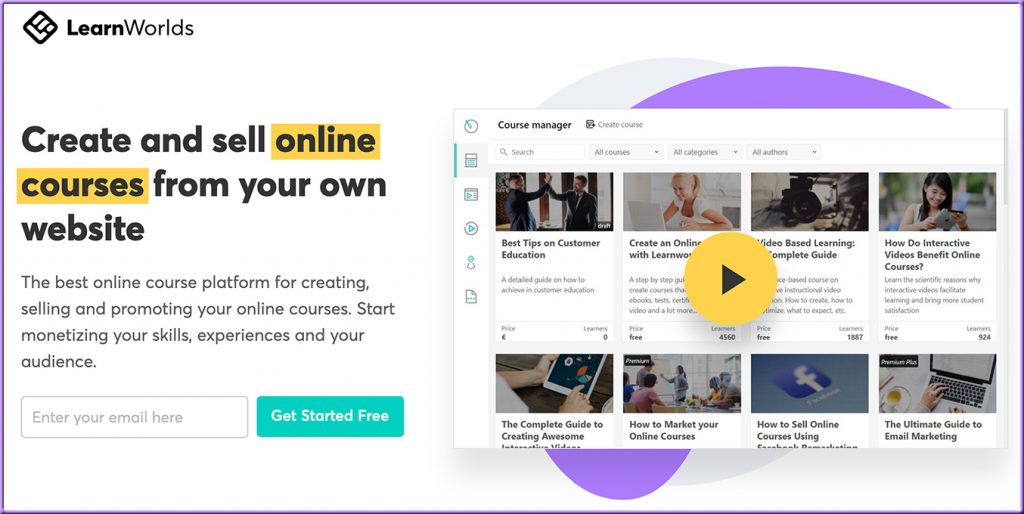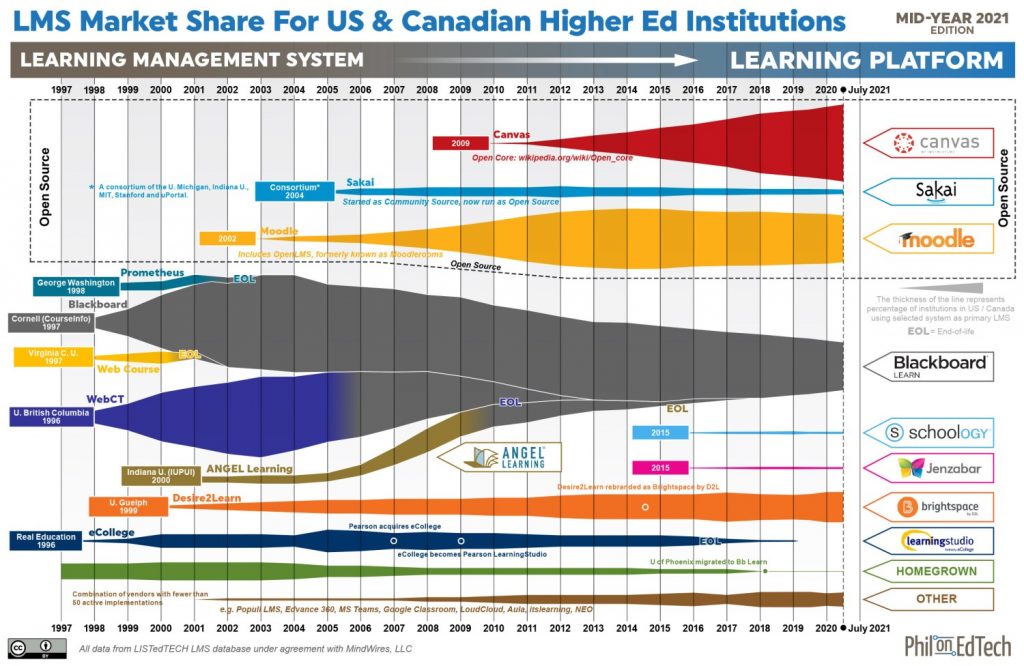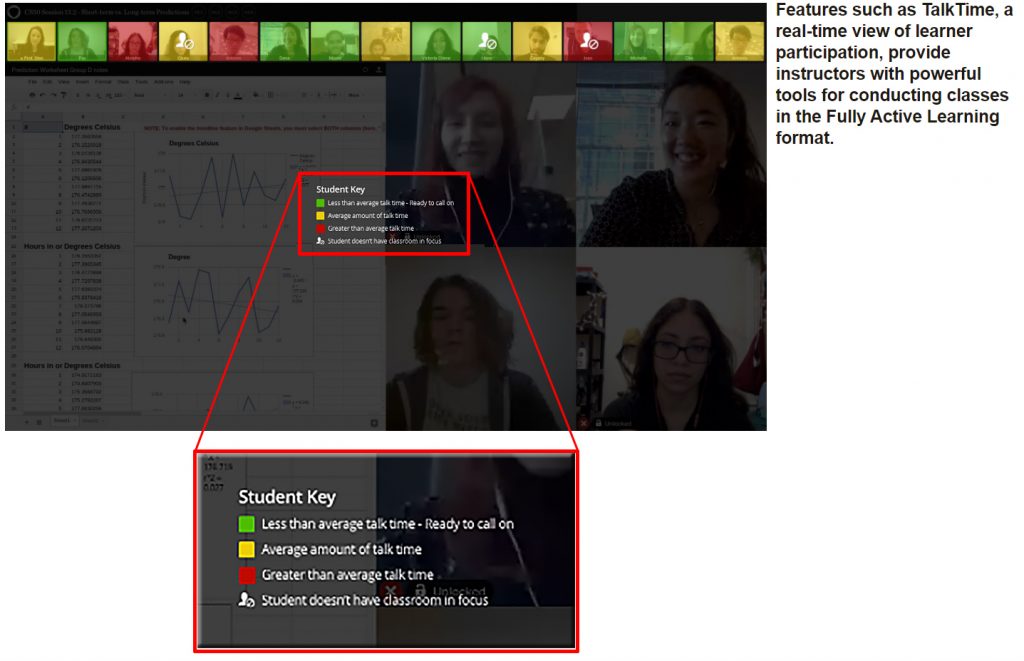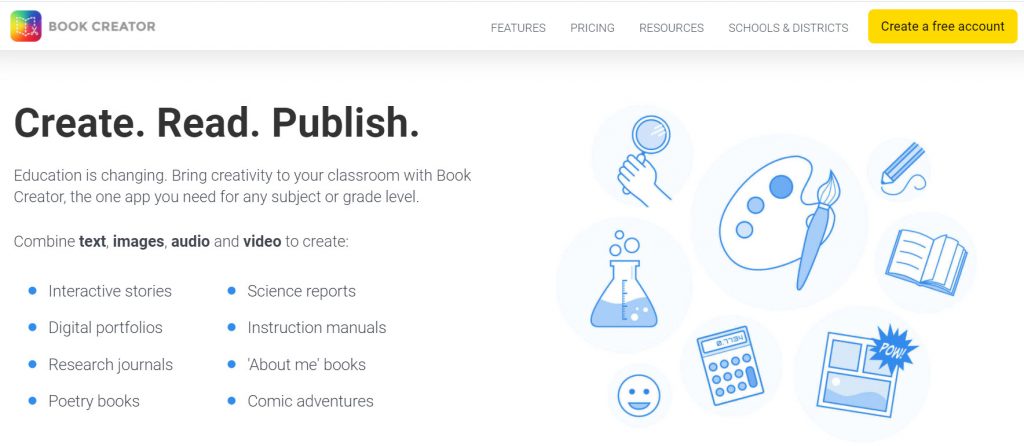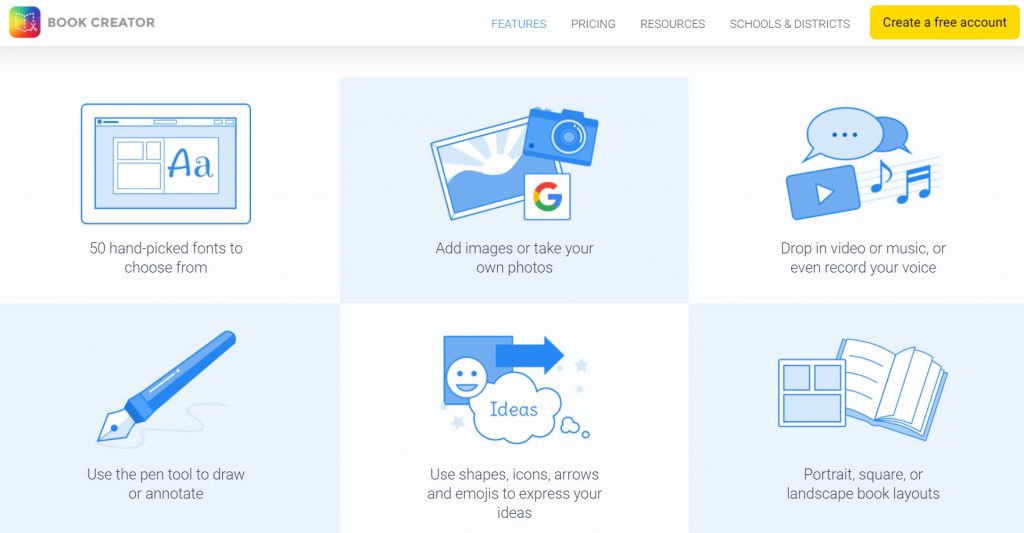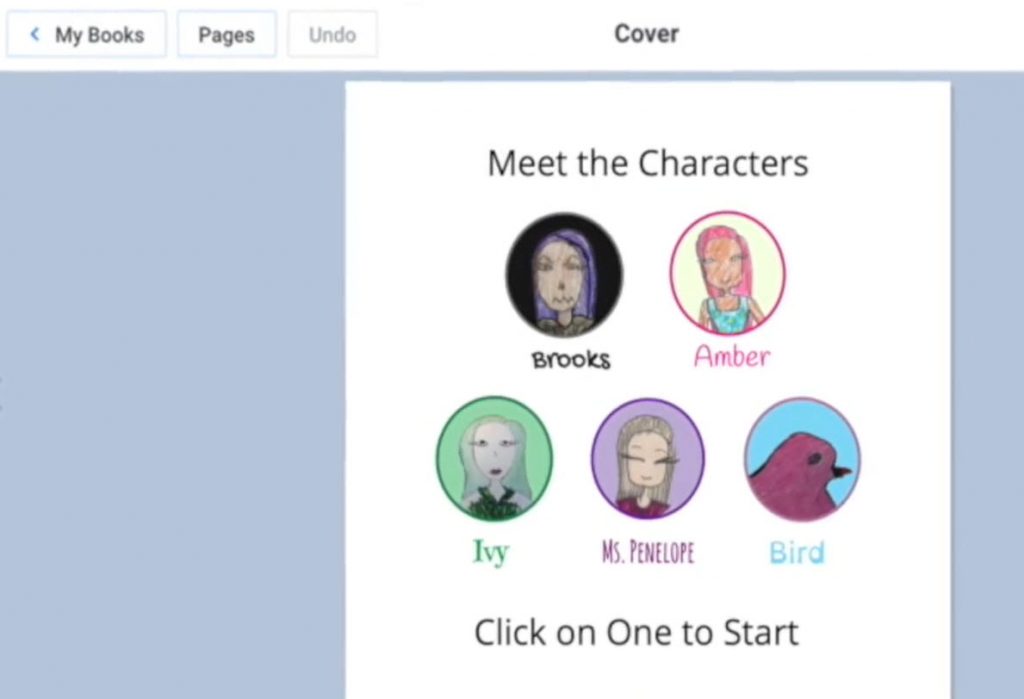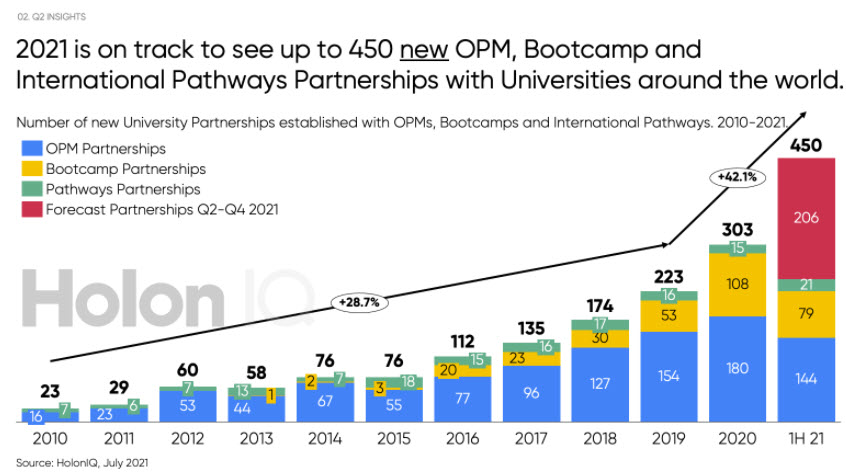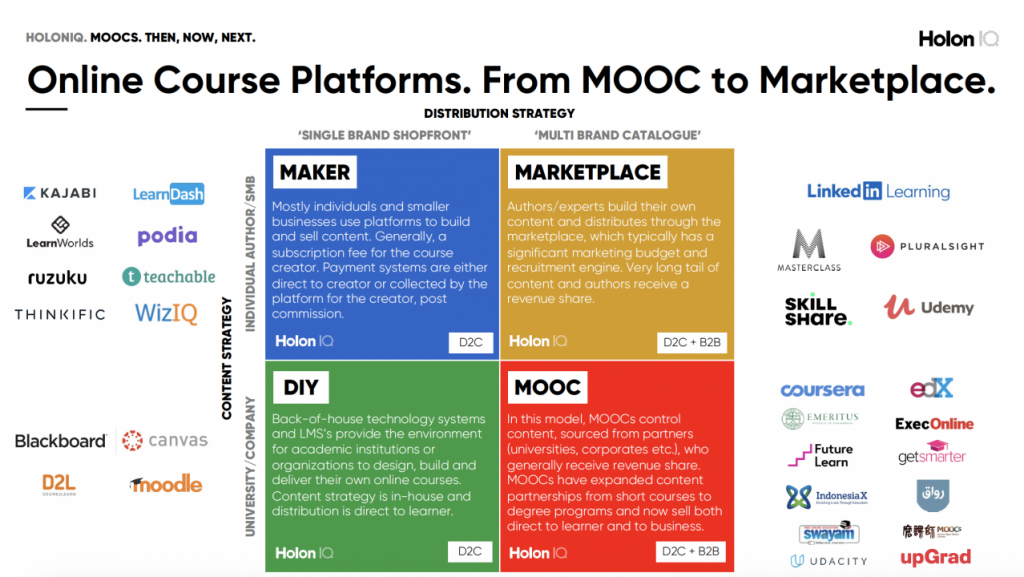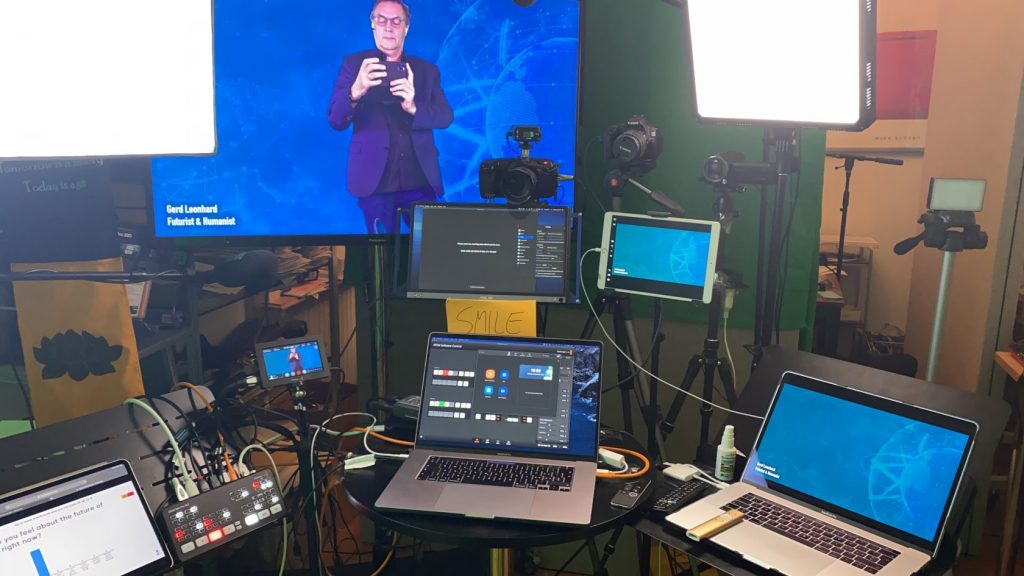Personalized Learning Using AI — from datafloq.com by Dmitry Baraishuk
Excerpt:
Process of Implementing Personalized Learning Using AI
- The system tested every learner using short quizzes and games. Then AI adapted the learning path to each learner’s knowledge of a topic based on the test results.
- If a pilot struggled with a certain topic, the AI LMS repeated it by presenting the information in a new way.
- After completing a section, every pilot was retested and progressed to the next module.
…
Personalized learning with AI encompasses all the core aspects of online training:
- personalized learning path;
- relevant content based on knowledge level, skills, interests, and goals;
- automated knowledge checks;
- prediction of knowledge gaps;
- proactive learners’ support;
- tutoring, etc.









